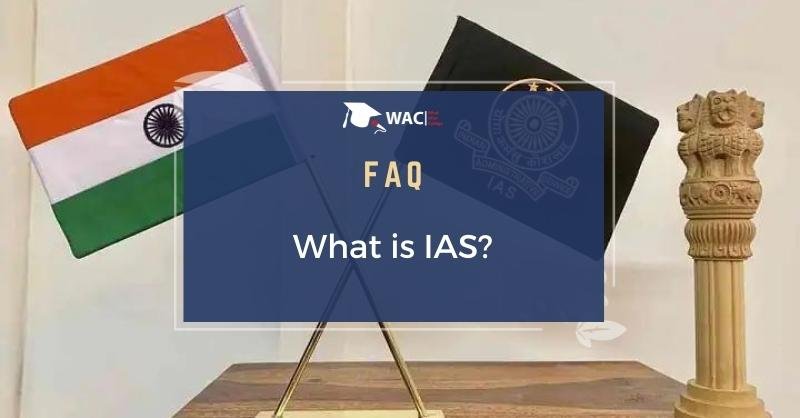IAS stands for Indian Administrative Service. It is the administrative branch of the All India Services of the Government of India. The other All India Services are Indian Police Service and the Indian Forest Service. IAS is one of the most popular and special career choices among millions of aspirants who are preferring to make a great career in the government sector.
The reason it is so popular is that the job offers several privileges and an amazing paycheck. To get into the Indian Administrative Service, one has to clear the Civil Service Examination conducted by the Union Public Service Commission.
UPSC CSE is conducted to recruit candidates for IAS, IPS, IFS, and more than 20 more services. Millions of students apply for the exam every year, making it one of the most competitive exams in the world. Other than that, the exam is difficult to crack too. It has three stages in total, and one has to crack all three of them to join the IAS. Here are the stages:
Preliminary Exams
It consists of two papers which are general studies and CSAT. They both have 200 marks each and are for 2 hours. The marks obtained in the general studies paper are considered for the prelims cut-off.
Mains Exam
It consists of two types of paper. Paper A and Paper B are language papers and English papers and they are qualifying in nature. They don’t determine your rank. There are 7 papers, which are for merit purposes. They are all of 250 marks and 3 hours each:
Paper 1 – Essay
Paper 2 – General Studies 1 – Indian Heritage and Culture, History and Geography and Society
Paper 3 – General Studies 2 – Governance, Constitution, Polity, Social Justice, and International Relations
Paper 4 – General Studies 3 – Technology, Economic Development, Biodiversity, Security and Disaster Management
Paper 5 – General Studies 4 – Ethics, Aptitude, and Integrity
Paper 6 – Optional 1
Paper 7 – Optional 2
Interview
It is the last and final process of selection for the exam. The interview board access qualities like critical thinking, analytical thinking, mental acuity, crisis management skills, risk assessment skills, leadership qualities, and intellectual and moral integrity.

